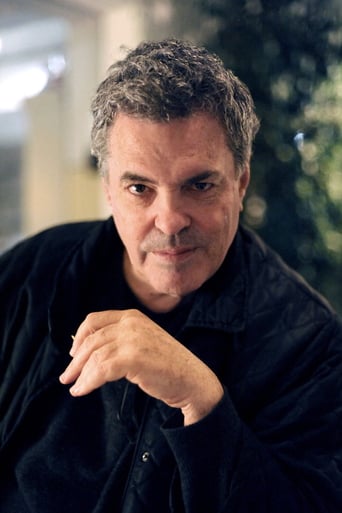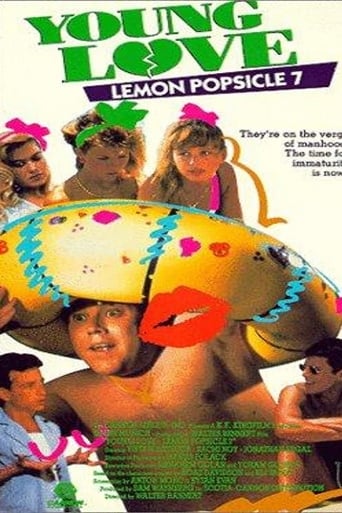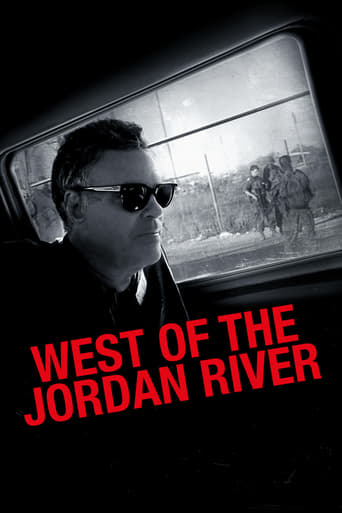
Amos Gitai returns to the occupied territories for the first time since his 1982 documentary FIELD DIARY. WEST OF THE JORDAN RIVER describes the efforts of citizens, Israelis and Palestinians, who are trying to overcome the consequences of occupation. Gitai's film shows the human ties woven by the military, human rights activists, journalists, mourning mothers and even Jewish settlers. Faced with the failure of politics to solve the occupation issue, these men and women rise and act in the name of their civic consciousness. This human energy is a proposal for long overdue change.
Similar titles
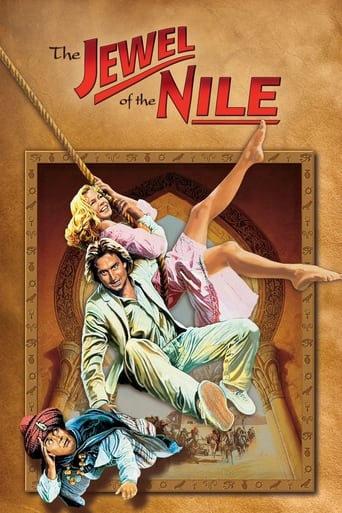
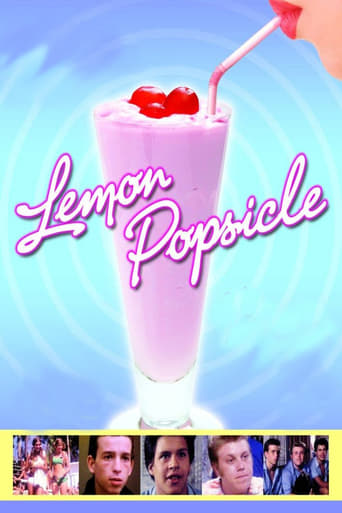
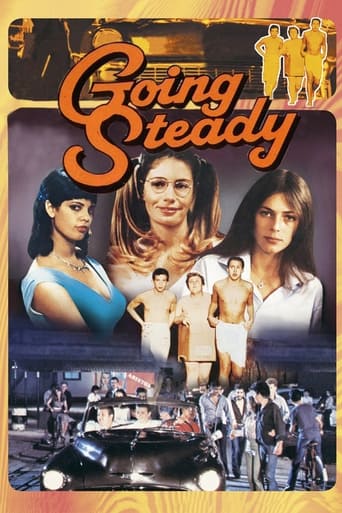
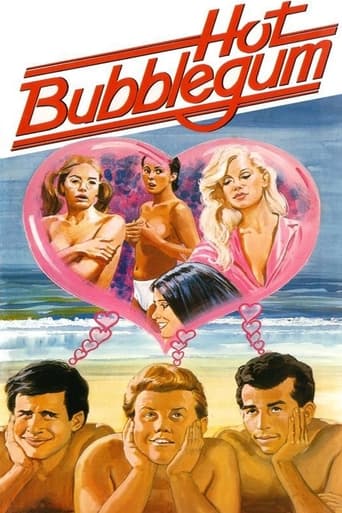
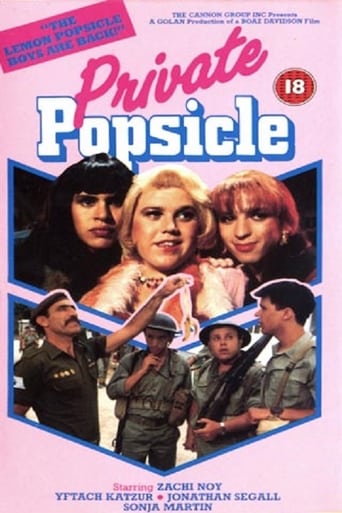
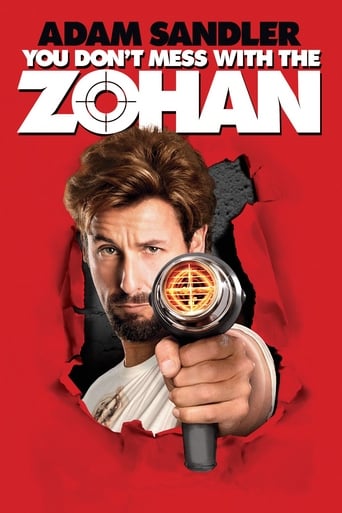
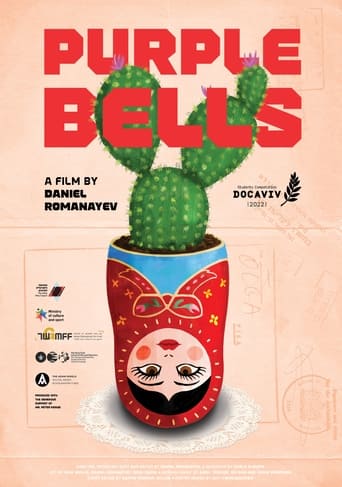

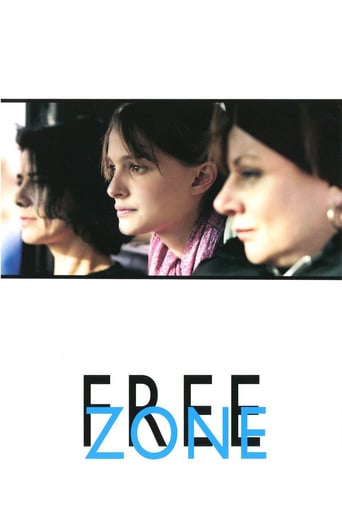
Reviews
There are better movies of two hours length. I loved the actress'performance.
what a terribly boring film. I'm sorry but this is absolutely not deserving of best picture and will be forgotten quickly. Entertaining and engaging cinema? No. Nothing performances with flat faces and mistaking silence for subtlety.
An old-fashioned movie made with new-fashioned finesse.
It’s fine. It's literally the definition of a fine movie. You’ve seen it before, you know every beat and outcome before the characters even do. Only question is how much escapism you’re looking for.
I have no interest in Arab/Palestine-Israel issues. The crux of the problem is an historical interpretation of land ownership as God's gift to Judaism - being the first inhabitants 5000+ years ago. The major source for this Israeli position is religious texts (e.g. Bible). Academically that is a very questionable position & seems to me to be a weak present day justification. As Rabin said in this doc, "Why not create a new reality?" But, as Tzipi Hotovely, Israeli Assistant Deputy of Foreign Affairs says, "This land is ours. All of it is ours." "Settlements are a part of our heritage." "It is my right. This is my historic land." In my view Israel's relations with the Palestinians has similarities to apartheid, but in the U.S. they share a resemblance to how our Native people's were herded onto reservations. In both cases we have fenced barriers w/containment of culture, opportunity, movement, resources, and rights. And, as the resources on these "reservations" became valuable those lands were taken away, often by force. Example from this doc: A Bedouin village (herders of sheep, goats in this desolate area) built a school in the West Bank. Israel which controls construction & access to materials has repeatedly denied their village building this school. So w/help from the E.U. they built it themselves out of used tires and mud. Again, Israeli settlement expansion in this area resulted in tearing down the school. Israel needs more territory & it also fears Palestinian extremists having another foothold. They do not see this decades long slow strangulation of Arab-Palestinians as a moral problem. Recently Israel has assigned its Arab inhabitants to second class citizenship status, and more recently since Israel controls all mail entering the West Bank from loved ones including packages w/necessities of life. That mail was held/stored for up to 8 years - some of those recipients probably died before receiving mail from family.
"You're right from your side and I'm right from mine. We're both just one too many mornings and a thousand miles behind" - Bob Dylan In the Israeli-French co-production West of the Jordan River, Israeli director Amos Gitai returns to the West Bank to interview journalists, politicians, non-profit groups, and ordinary citizens attempting to resolve the seemingly never-ending dispute between the Israelis and the Palestinians. Mainly shot in Hebron, the largest Palestinian city in the West Bank, the film's subheading "Field Diary Revisited" recalls the 1982 documentary "Field Diary" in which Gitai visited the occupied territories immediately prior to and after the Israeli army's invasion of Lebanon. Reaction to the film's criticism of Israel settlers, however, led to Gitai's self-imposed 10-year-exile in France.West of the Jordan River opens in 1994 when the then 35-year-old Gitai interviews Prime Minister Yitzhak Rabin about the peace process. According to Gitai, Rabin was "a man with a certain simplicity. Even if you disagreed with him, he was the only Israeli political figure who told the truth. He was rare the only leader who sought dialogue, who sought agreement." Now twenty two years after Rabin was assassinated by a Jewish extremist who opposed the Oslo accords, Gitai says "And now we are feeling the lack of a real political figure who wants to move forward, a lack that puts the whole Israeli project in danger." He asks "What can we do? We can make a film. It's a beginning. You have to be optimistic, and you mustn't be bitter about your own country because your country is the source of your inspiration." Though the film is heavily weighted toward an anti-government point of view, Gitai gives space to both sides including the young Israeli foreign affairs minister, Tzipi Hotovely who strongly defends the government's policy in the occupied areas. An editor from the newspaper Haaretz, however, offers a deeply pessimistic comment that if Israel continues to support Jewish settlements in the West Bank and Gaza, it is likely to cross the point of no return and disappear within ten years.As the film progresses, however, a strong desire for peace and reconciliation emerges through the quiet, thoughtful questions posed by the director. In one scene, "The Parents Circle," a support group for both Israeli and Palestinian mothers who have lost sons in the conflict, come together to share the personal impact of their loss. Also featured are discussions with the non-profit group "Breaking the Silence" which encourages Israeli military veterans to talk about the harsh reality they have personally encountered in the West Bank. Though many work for reconciliation including those in the non-profit group "B'Tselem," also known as "The Israeli Information Center for Human Rights in the Occupied Territories," the culture of revenge and martyrdom runs deep.In a heartbreaking moment, a 10-year-old boy tells Gitai that his dream is to blow himself up and become a martyr for Allah so that Allah will tell him about the good work he did during his life. In a more positive scene, Gitai talks with an Israeli settler who was shot in the hip by a would-be terrorist but who shows sympathy and understanding for the problems of the Palestinians. For those familiar with the issues, West of the Jordan River is a timely reminder of the human cost of the conflict. For those unfamiliar with the circumstances or the political players involved, however, the film does not clarify the issues or offer any background or context.While Gitai acknowledges that there is intransigence on both sides, dramatized by the circular motion of a carousel going round and round, he neglects to mention that the Palestinians have consistently refused a two-state solution and, even to this day, do not recognize Israel's right to exist. In the Oscar-nominated 2001 film Promises by B.Z. Goldberg, a documentary that looks at the Arab-Israeli conflict from the point of view of seven Israeli and Palestinian children, one Jewish boy asks, "In war both sides suffer, maybe there's a winner, but what is a winner?" That question is still being asked sixteen years later.
Top Streaming Movies













